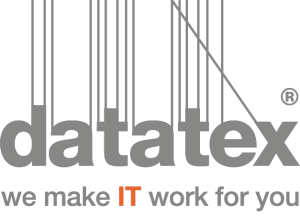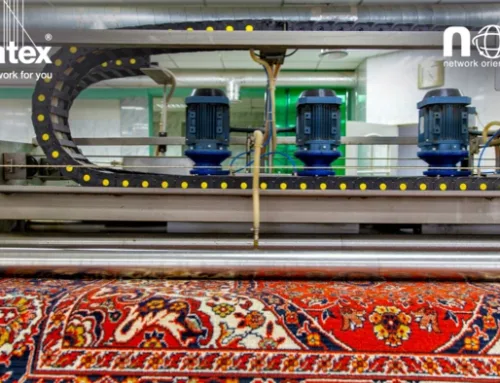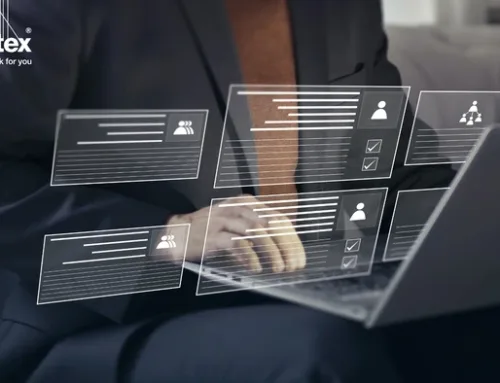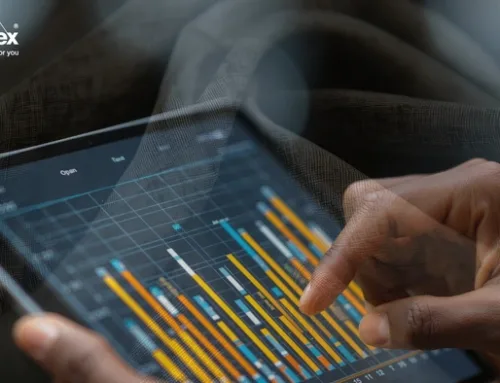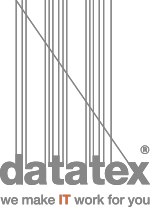Digital Transformation 2025: Key Trends in Textile Manufacturing
Digital transformation is reshaping industries across the globe, and the textile and apparel sector is no exception.
As we step into 2025, manufacturers are under increasing pressure to innovate, optimize, and meet rapidly evolving market demands.
The integration of cutting-edge technologies and tailored ERP software solutions for apparel like Datatex NOW ERP is at the heart of this transformation.
In this article, we explore key trends and predictions driving the digital shift in textile manufacturing.
-
The death of traditional ERP software
Traditional ERP systems, while foundational, are struggling to keep pace with the demands of modern textile manufacturing. Their rigid structures, costly updates, and limited adaptability often hinder innovation.
As industries evolve, the need for more flexible and industry-specific solutions grows.
ERP Insight: Datatex NOW ERP addresses these limitations by offering modular, scalable, and tailored solutions specifically designed for textile and apparel businesses. This adaptability allows manufacturers to evolve without the constraints of outdated systems.
-
Smart Manufacturing Through IoT and Industry 4.0
In 2025, IoT (Internet of Things) continues to revolutionize textile manufacturing by connecting machines, processes, and people.
Factories equipped with smart sensors will drive predictive maintenance, reducing downtime and enhancing efficiency.
Real-time data from production lines will enable manufacturers to monitor performance metrics, improve quality control, and minimize waste.
ERP Insight: ERP systems integrated with IoT allow for seamless data flow, ensuring real-time visibility across the supply chain.
Datatex NOW ERP empowers manufacturers with the tools to manage IoT data, enhancing decision-making and operational efficiency.
-
Shift Toward AI-Driven Decision Making
AI and machine learning will play a pivotal role in predicting demand patterns, optimizing inventory levels, and streamlining production schedules.
As AI algorithms become more sophisticated, textile manufacturers will leverage them to reduce lead times and mitigate the risks of overproduction.
ERP Insight: Datatex NOW ERP incorporates AI-driven analytics to provide actionable insights, allowing businesses to forecast demand accurately and adjust production accordingly.
Transparency and traceability across the textile supply chain are becoming paramount.
Blockchain technology is increasingly adopted to track raw materials, ensure ethical sourcing, and verify sustainability claims.
In 2025, more manufacturers will use blockchain to build trust and meet regulatory compliance.
ERP Insight: Datatex NOW ERP offers blockchain integration to provide end-to-end visibility, ensuring traceability from fiber to finished product. This not only improves compliance but also reinforces brand integrity.
-
Shift Toward Best-of-Breed Solutions
In response to the limitations of traditional ERP systems, many organizations are adopting best-of-breed solutions—specialized software designed to address specific business functions.
These solutions offer greater flexibility, scalability, and agility, allowing businesses to tailor their technology stack to meet their unique needs.
ERP Insight: Datatex NOW ERP’s modular approach allows textile manufacturers to implement the specific modules they need, gradually expanding their ERP system as their business grows.
-
The Emergence of Digital Platforms and Ecosystems
As textile manufacturers adopt new technologies, ERP systems are transforming into digital platforms that integrate seamlessly with third-party applications, IoT devices, and blockchain solutions. This ecosystem approach enhances collaboration, streamlines operations, and drives innovation across the supply chain.
ERP Insight: Datatex NOW ERP serves as a digital backbone, enabling manufacturers to create interconnected ecosystems that foster growth and agility in a rapidly changing market.
-
Sustainable Manufacturing and Data-Driven Decision Making
Sustainability remains a key focus for the textile industry. Digital solutions will drive greener practices by optimizing energy use, minimizing waste, and improving recycling processes.
Data analytics will help manufacturers set and track sustainability goals, ensuring compliance with environmental regulations.
ERP Insight: Datatex NOW ERP supports sustainable manufacturing by offering tools that monitor resource consumption, reduce excess inventory, and enable circular economy initiatives.
-
Personalized and On-Demand Production
Consumer preferences are shifting towards personalized products and faster delivery times. Digital transformation enables on-demand production by leveraging automated design, cutting, and manufacturing processes.
ERP Insight: With Datatex NOW ERP, manufacturers can efficiently manage customized orders and flexible production schedules, meeting the rising demand for personalization without compromising profitability.
-
The Rise of Cloud-Based ERP Solutions
Cloud adoption in textile manufacturing continues to grow, providing scalable, cost-effective solutions for businesses of all sizes. Cloud-based ERP systems facilitate remote access, ensuring seamless collaboration across global teams.
ERP Insight: Datatex NOW ERP’s cloud architecture allows manufacturers to scale operations, enhance security, and integrate new technologies without significant infrastructure investments.
Conclusion
As digital transformation accelerates in 2025, textile manufacturers must stay ahead of technological advancements to remain competitive.
ERP solutions like Datatex NOW ERP are essential to navigating these changes, providing the digital backbone needed for innovation and growth.
By embracing smart manufacturing, AI, blockchain, and sustainable practices, textile manufacturers can unlock new levels of efficiency, productivity, and market responsiveness.
Experience the power of a specialized ERP built exclusively for your industry.
Book a Consultation today!
